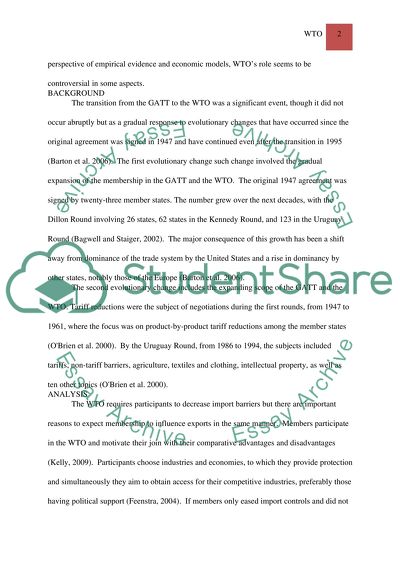Cite this document
(The Role of World Trade Organization in the World Trading System Term Paper, n.d.)
The Role of World Trade Organization in the World Trading System Term Paper. Retrieved from https://studentshare.org/macro-microeconomics/1530799-world-trade-organization-college-essay
The Role of World Trade Organization in the World Trading System Term Paper. Retrieved from https://studentshare.org/macro-microeconomics/1530799-world-trade-organization-college-essay
(The Role of World Trade Organization in the World Trading System Term Paper)
The Role of World Trade Organization in the World Trading System Term Paper. https://studentshare.org/macro-microeconomics/1530799-world-trade-organization-college-essay.
The Role of World Trade Organization in the World Trading System Term Paper. https://studentshare.org/macro-microeconomics/1530799-world-trade-organization-college-essay.
“The Role of World Trade Organization in the World Trading System Term Paper”, n.d. https://studentshare.org/macro-microeconomics/1530799-world-trade-organization-college-essay.


